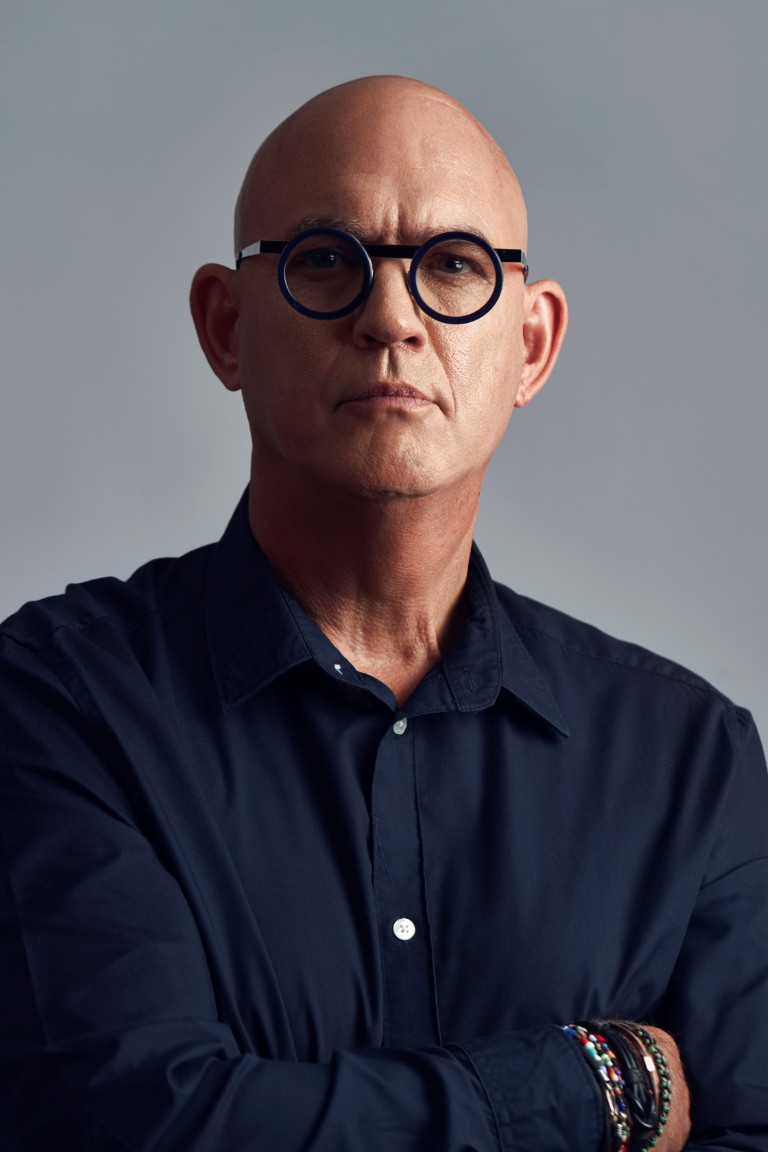BUSINESS NEWS - As global pressure mounts for businesses to embrace environmental, social and governance (ESG) principles in their operations, South Africa has a unique opportunity to lead the way globally by aligning ESG commitments with B-BBEE transformation.
This is the view of Paul Vos, Regional Managing Director of the Chartered Institute for Procurement & Supply (CIPS) Southern Africa.
“Where other countries focus mainly on environmental issues, we can use procurement to build greener and more inclusive supply chains, supporting black-owned SMEs while meeting global climate targets.”
According to the B-BBBEE Commission’s “Analysis of Major B-BBEE Transactions” report for 2023/24, black ownership decreased to 57% in FY2023/24, down from 59% the previous year. However, black women ownership significantly increased from 20% to 37%, showing progress in gender inclusivity.
At the same time, South Africa’s ESG response is gaining momentum. Many listed companies are already reporting against international standards and exporters are preparing for stringent European carbon rules.
The Sanlam ESG Barometer 2024 shows that 40% of respondent companies in South Africa make use of the Taskforce on Climate-related Financial Disclosures and 33% the Carbon Disclosure Project reporting frameworks, both encouraged by the Johannesburg Stock Exchange and the South African Reserve Bank.
What sets South Africa apart, Vos says, is the intersection of ESG and B-BBEE.
“Sustainability in South Africa is not just about reducing carbon. It’s also about economic justice – developing local suppliers and bringing black-owned businesses into value chains. When you align these goals, you don’t just tick boxes, you create real impact.”
Despite the progress that is being made, South African businesses face real challenges in implementing sustainable procurement.
Many SMEs lack the systems and resources to comply with ESG requirements while reliable data on supplier environmental and social impacts remains limited.
Furthermore, sustainability investments, such as renewable energy or waste reduction systems, require capital that not all suppliers can afford. Evolving regulations around carbon taxes, producer responsibility and public procurement create added complexity.
However, far from being a cost, sustainable procurement is increasingly seen as an investment in business resilience.
“Forward-thinking companies are already seeing the returns,” Vos says. “Whether it’s cutting electricity bills through solar power, attracting ESG-conscious consumers, or retaining access to global markets, the benefits are clear.”
CIPS highlights South African leaders such as Shoprite, Woolworths, Anglo American and Nedbank for pioneering eco-conscious strategies, from renewable energy rollouts to responsible financing and circular economy initiatives.
Looking ahead, CIPS predicts several key trends will define procurement across Southern Africa:
- Carbon becoming a standard line item in contracts.
- Greater adoption of circular economy principles – reuse, recycling and waste minimisation.
- Growing convergence between ESG and B-BBEE goals.
- AI tools being deployed to enhance transparency and flag sustainability risks.
Vos says CIPS is committed to playing a central role in accelerating this shift.
“Our mission is to ensure procurement delivers the triple bottom line – people, planet and profit – through a single, strategic approach. We’re equipping professionals with the skills they need, bringing government and business together, and sharing practical tools so that companies can move from talking to doing.”
With sustainability and inclusivity no longer separate agendas, CIPS urges South African businesses to act now to make procurement the engine of a more equitable, low-carbon economy.
 Paul Vos, Regional Managing Director of the Chartered Institute for Procurement & Supply (CIPS) Southern Africa
Paul Vos, Regional Managing Director of the Chartered Institute for Procurement & Supply (CIPS) Southern Africa
‘We bring you the latest Garden Route, Hessequa, Karoo news’















